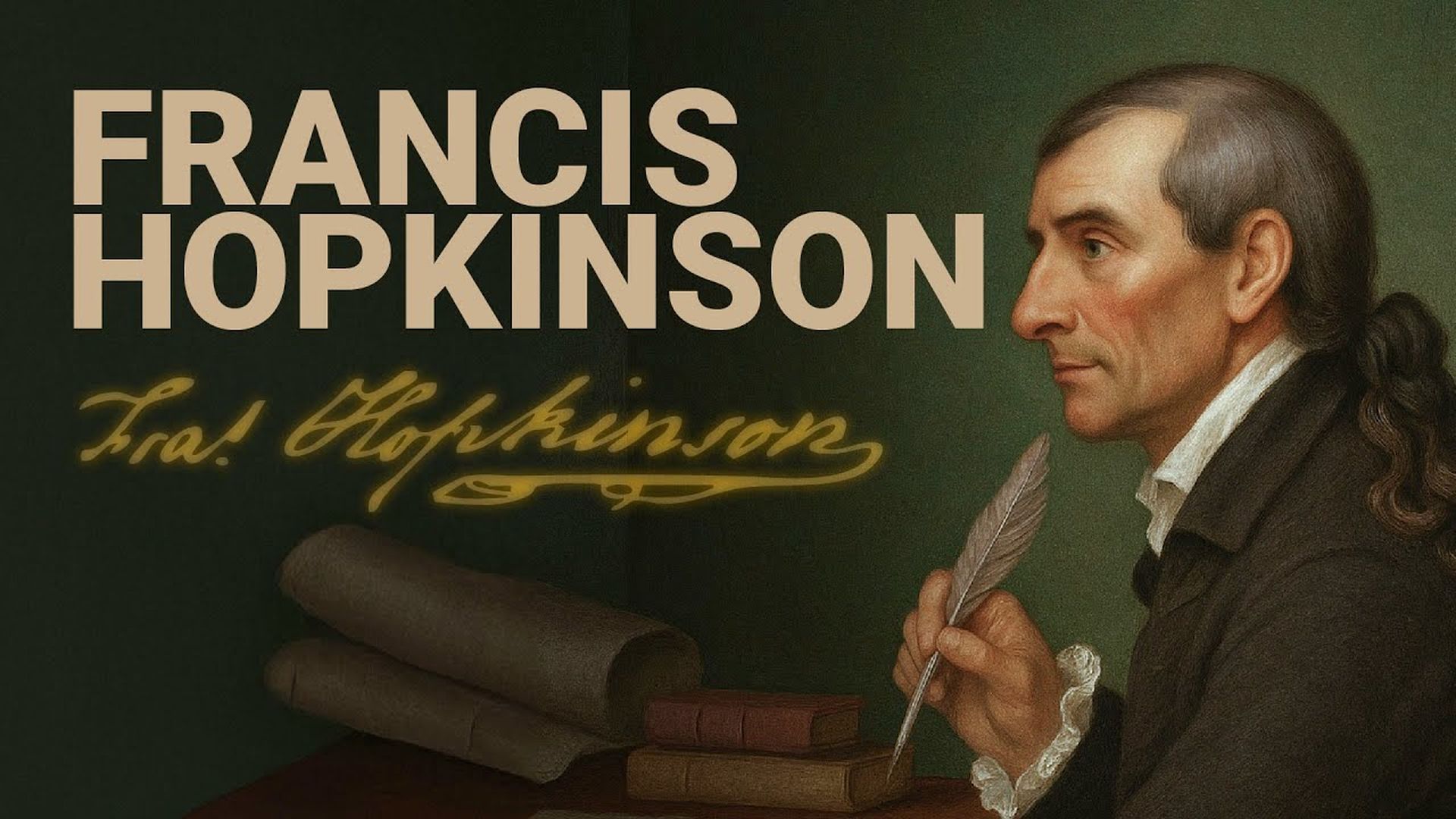
T5621-Fighting Tyranny with Muskets—and Satire - Francis Hopkinson
“Fighting Tyranny with Muskets—and Satire.”<br data-start="189" data-end="192">At 38 years old, and the 21st man to sign the Declaration of Independence, Francis Hopkinson of New Jersey proved that revolutions aren’t fought only with swords and speec...
Available via subscription or rental
Already purchased? Sign In
Bundle Preview
This content is not available in your region
T5621-Fighting Tyranny with Muskets—and Satire - Francis Hopkinson
“Fighting Tyranny with Muskets—and Satire.”<br data-start="189" data-end="192">At 38 years old, and the 21st man to sign the Declaration of Independence, Francis Hopkinson of New Jersey proved that revolutions aren’t fought only with swords and speeches—they can also be waged with wit. A lawyer by training but a poet and musician at heart, Hopkinson was among America’s first true Renaissance men. He composed operas, played the harpsichord, painted, and wrote biting satire that skewered the British crown with clever humor.
In 1776, he resigned his royal posts and joined Congress, casting his vote for independence and lending his pen to the cause as sharply as others lent their muskets. Serving on the Navy Board, he helped build the young Republic’s defenses, but his greatest weapon was his art. He gave the Revolution a soundtrack, weaving patriotism into verses and melodies that lifted spirits even in dark times.
Later, President George Washington appointed him a federal judge, but history remembers him best for his music, his satire, and even his possible influence on the design of the early American flag.
Hopkinson reminds us that liberty isn’t defended only in the trenches—it’s also kept alive in the culture of a free people. Not all patriots charged into battle. Some rhymed. Some composed. And sometimes, a well-aimed jest can be as powerful as a musket shot.
Categories: American History


